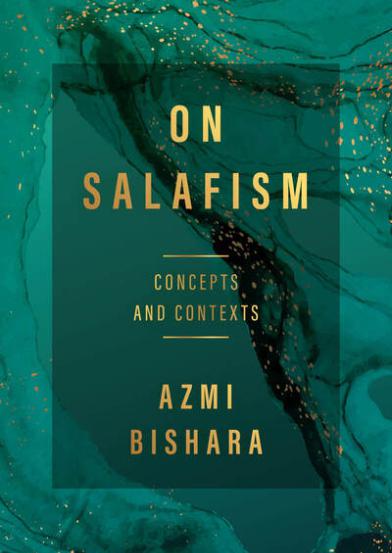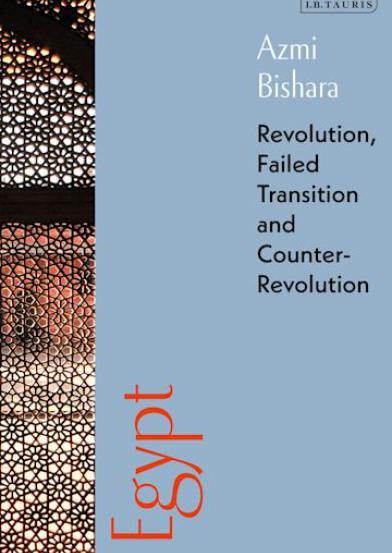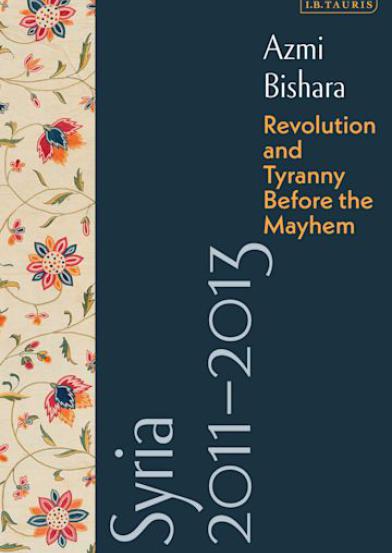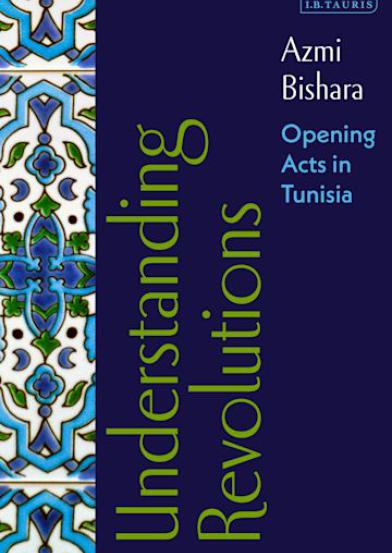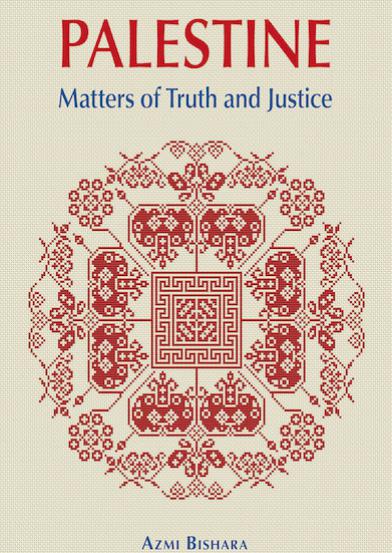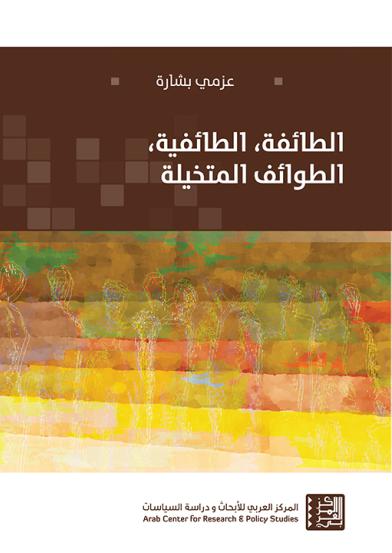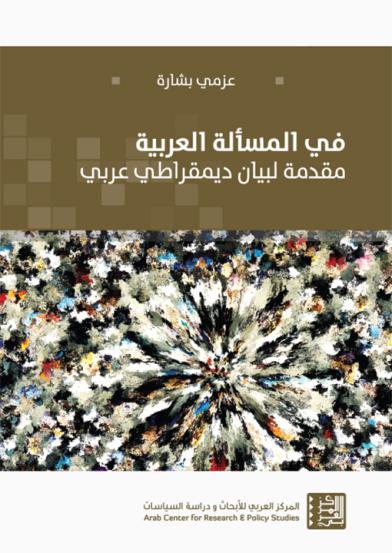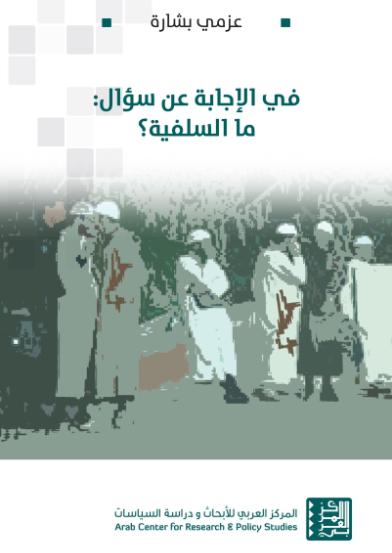Studies
This essay is not an attempt to provide a comprehensive historical or sociological treatment of the subject of intellectuals and their role in revolution; rather, it is a conceptual contribution that aims to produce knowledge through critique and the differentiation of key terms-linguistically, conceptually, and historically.
This study presents three main hypotheses: first, that the conflict currently underway in advanced Western countries is a conflict between two cultures, each with its own value, class, cultural and political component – or between cultural identities.
This attempt aims to critique – critique here being a synonym for theory. Criticism is not based on what ought to be, but on what exists in the relationship between army and politics, not by describing it as wrong, or a symptom of the Arab affliction, but as the product of historical conditions, social and economic structures, and culture.
This study was originally published in the fifth Edition of tabayyun (Summer 2013, pp. 7-26). Tabayyun, published by the Arab Center for Research and Policy Studies
Dr. Azmi Bishara
Creating Two Alleged Camps
This paper explores the theoretical model behind the concept of “consociational democracy”, beginning with its roots in the Austrian Marxist tradition to its elaboration in 1969 by the Dutch-American political scientist Arend Lijphart.
In our time, not a day passes without seeing or hearing the words ‘extremism’ or ‘extremists.’ Whether used to describe political positions and opinions, or styles and methods of political action, at every point it connotes stereotypes and a host of pre-conceptions, half-truths, and assumptions concerning groups of people branded as extreme.
In his paper, titled “What Defines Terrorism? The Identity of the Victim or the Victimizer?” Azmi Bishara offered precise answers to questions related to terrorism and its definitions. He used a comprehensive approach to the issues surrounding the terms “terrorism” and “war on terror”, which both hinder the correct understanding of such phenomena.
Pagination
Books
Bishara is particularly known for his research on civil society, nationalism theory, what he refers to as "the Arab question", religion and secularism
